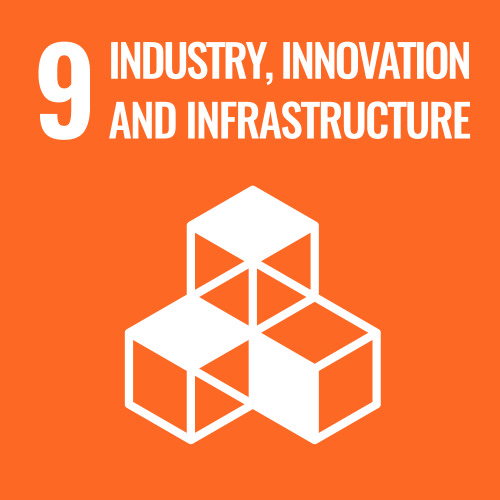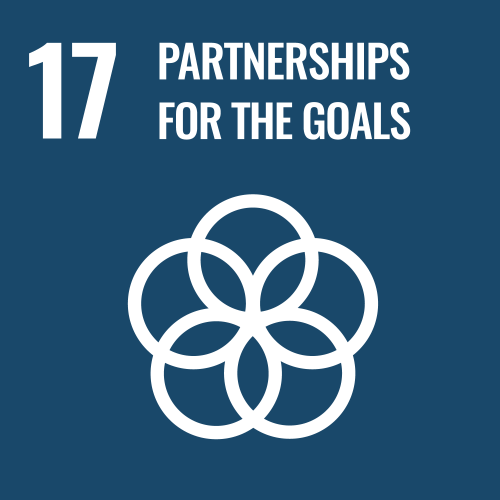
14/07/2025
This session, dedicated to promoting and discussing bi-regional initiatives on artificial intelligence, brought together data protection authorities and specialists to analyse the regulatory challenges associated with the use of artificial intelligence and to reflect on the role of supervisory authorities in this new technological context.
This series of regulatory and regulatory dialogues is part of a series of meetings promoted by the European Commission in the framework of the EU-LAC Digital Alliance Policy Dialogues project, which aims to strengthen bi-regional digital cooperation. In recent months, two dialogues have been held: one on artificial intelligence and the other on the challenges posed by digitalisation in the Caribbean region. Both were attended by high-level representatives of governments, multilateral organisations, regulators, and specialists in technology and digital rights. Among others, key issues such as the ethical and responsible use of artificial intelligence (AI), institutional cooperation and the need for common regulatory frameworks have been addressed. FIAP, as responsible for the data governance component of the project, has led the roundtables dedicated to this topic, in addition to mobilising public expertise from Spain and the region.
The second policy dialogue, held in Brazil, aimed to analyse the strategic role of data in the digital economy, as well as the challenges posed by its processing through AI systems. Issues such as the need for consistent regulations, the development of sandbox environments, the institutional strengthening of data protection authorities, and the importance of adequate resources to address the ethical, social and legal risks arising from the use of AI were addressed.
The panel of experts included the participation of several specialists, among them Ángela Guash, Secretary of State for Digitalisation and Artificial Intelligence, who presented the European data strategy and its implementation in Spain. She also highlighted the value of data for innovation and public services, the importance of data spaces, reuse, open data and data governance. The attendees were able to learn more about the General Data Protection Regulation (GDPR), thanks to the intervention of Carmen Muñoz del Arco, from the Spanish Data Protection Agency, as well as the IA Regulation and the role of the supervisory authorities.
Attendees were given an insight into national regulatory frameworks. Waldemar Gonçalves Ortunho Júnior, president of the Brazilian National Data Protection Authority (ANPD), spoke about the development of a regulatory framework for AI in Brazil, which envisages the creation of a national AI governance system and a regulatory sandbox. Similarly, Ninoschka Dante, representative of the Regulatory and Personal Data Control Unit of Uruguay, described the Uruguayan innovation ecosystem, articulated between the public sector, academia and civil society.
The first Caribbean High Level Policy Dialogue on Policy and Regulation, held in Jamaica, brought together key actors from Latin America, the Caribbean and Europe to exchange experiences, highlight regional and European best practices, and promote convergence and international cooperation in the priority areas of the bi-regional agency.
FIAP played an important role in coordinating the session dedicated to the protection of personal data. This was one of the five thematic roundtables organised during the event, and constituted a fundamental space to debate and agree on progress towards a common regional strategy for data protection in the Caribbean.

FIAP’s participation has focused on the technical, methodological and strategic facilitation of the session on data governance, reaffirming its commitment as an articulator of public policies and promoter of common standards in the region. It has also been supported by strategic partners such as the Regulatory and Control Unit for Personal Data (URCDP) of Uruguay and the Polish Data Protection Office.
Three working groups were formed to focus on the creation of common regulatory frameworks, the strengthening of data protection authorities, and the construction of a Caribbean institutional support network. The event culminated in a consensus among participants on the need to move forward, with a coordinated and pragmatic vision, towards a strong, inclusive regional data governance adapted to the challenges of the Caribbean.


